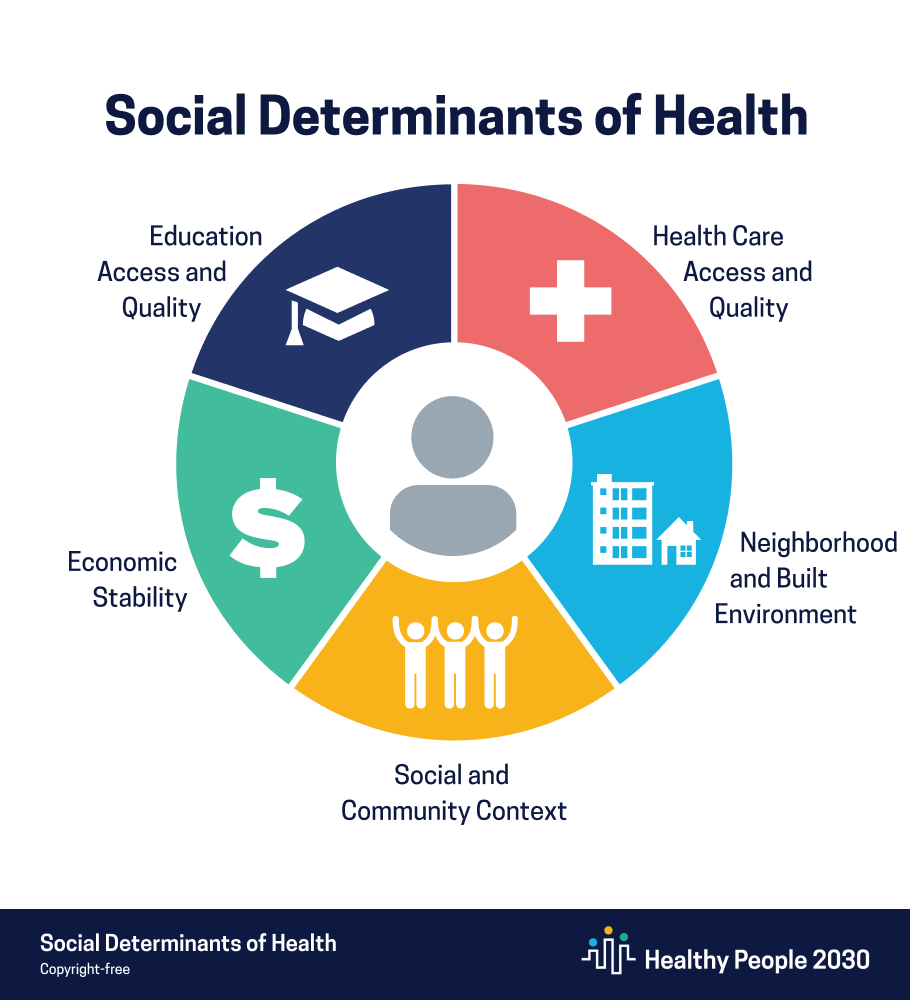Category: Healthcare System

Understanding the New Era in Behavioral Health Coverage
Introduction: A New Era in Mental Health Coverage In response to the surging demand for mental health services, the Centers for Medicare & Medicaid Services (CMS) has implemented groundbreaking policies aimed at expanding access to behavioral healthcare. These transformative changes, finalized in late 2023, mark a significant shift in Medicare’s approach to mental health coverage…

Modernizing Prior Authorization: A Transformative Policy Change
Policy Overview and Implementation Timeline In a significant move to modernize healthcare administration, the Centers for Medicare and Medicaid Services (CMS) has unveiled a transformative policy aimed at streamlining the prior authorization process. This initiative, part of the Biden-Harris Administration’s commitment to enhancing health data exchange and strengthening care access, is projected to generate…

American Public Health Association (APHA) 2024 Advocacy Priorities
According to recent data from the Trust for America’s Health, public health funding has decreased in 21 states since 2019, highlighting critical gaps in the nation’s health infrastructure. The American Public Health Association (APHA) has established strategic advocacy priorities for 2024 to address these challenges and strengthen public health systems nationwide. These priorities encompass critical…

Healthy People 2030: Addressing Social Determinants of Health
Social determinants of health (SDOH) are increasingly recognized as critical factors influencing public health outcomes. The Healthy People 2030 initiative marks a significant evolution in federal public health policy, acknowledging that health is shaped by complex social, economic, and environmental factors. Launched by the U.S. Department of Health and Human Services, this comprehensive framework represents…

Social Care Networks: Transforming Community Health Outcomes in New York
On January 9, 2024, the Centers for Medicare and Medicaid Services (CMS) approved the New York Health Equity Reform (NYHER) 1115 Waiver Demonstration Amendment, including new funding to establish Social Care Networks (SCNs) and deliver health-related social needs (HRSN) services. Social Care Networks (SCNs) in New York State represent a fundamental shift in healthcare delivery by…

HHS-OIG Enforcement Actions: Understanding Healthcare Fraud & Abuse Penalties
The Office of General Inspector (OIG) conducts criminal, civil and administrative investigations of fraud and misconduct related to HHS programs, operations and beneficiaries. These investigations form the backbone of healthcare fraud enforcement, leading to significant recoveries and program improvements across the healthcare system. Through coordinated efforts with the Department of Justice, Medicaid Fraud Control Units,…
